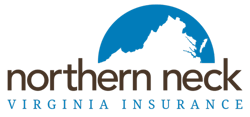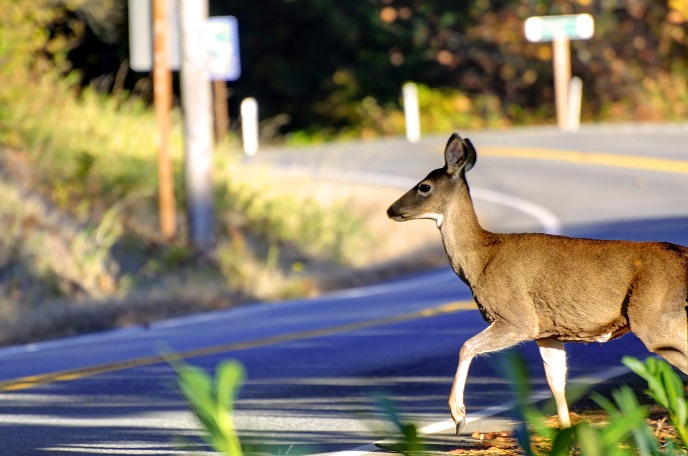
How do animals damage cars in Virginia?
If you live in Virginia, you know how common it is to see wildlife, especially deer, near roads or crossing roads. Or perhaps you've experienced or know someone who's experienced hitting an animal. Although collisions with animals are one of the top driving dangers in the commonwealth, there are other ways animal activity can result in damage to your car.
Mice and other rodents can chew wiring in the engine compartment, more so when a car sits for a long period of time. Unfortunately, animals don't carry liability insurance, so damage to your vehicle is your responsibility. That's when comprehensive car insurance, also known as "other than collision" coverage, can protect you financially. Not every car insurance policy has this coverage. Rodent damage may not be covered in every location or circumstance, so it's important to verify coverage with your insurance company.
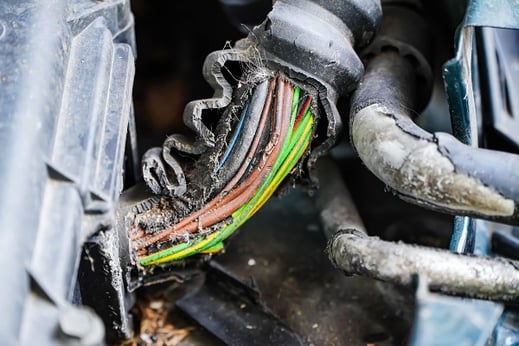
When animal damage is covered by insurance
Animal collisions are considered an act of God or an act of nature, which indicates the damage was not caused by you or another driver. Comprehensive Car Insurance can cover damage from acts of God incidents like animal strikes. This type of coverage is elective. Full coverage car insurance includes Comprehensive coverage vs the minimum car insurance drivers in Virginia are required to have. The damage covered by comprehensive insurance is generally considered to be out of your control. Filing a comprehensive claim can have less of an effect on your future insurance rates than a claim related to your driving habits, like an at-fault accident.
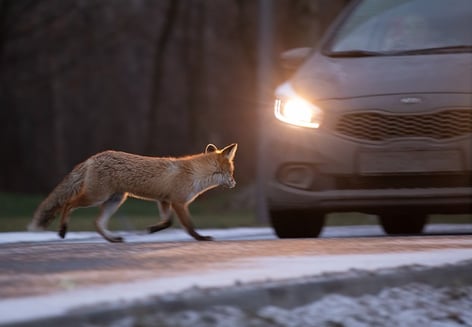
Virginia considers dogs personal property, and the owner is responsible for controlling them. If your dog is running loose, you may be considered negligent. If you unintentionally hit a loose dog with your car, the owner would be responsible for the cost of the vet bills. You could, however, be found responsible for the accident and compensation to the owners if you are driving under the influence or intentionally hit a dog. Your auto policy's property damage liability coverage does not provide coverage for these scenarios.
If you accidentally hit an animal, you are required to call the police or animal control to ensure the pet gets the care it needs. Leaving a disabled or dead animal on a road is a class 3 misdemeanor in Virginia.
There are plenty of other benefits to having Comprehensive Car Insurance for non-driving perils. It can also cover things like fire, theft, vandalism, falling objects, glass and windshield damage, and extreme weather, such as flooding, hail, and hurricane damage. You still have to pay your deductible and should consider if the damage will be costly enough to justify filing a claim.
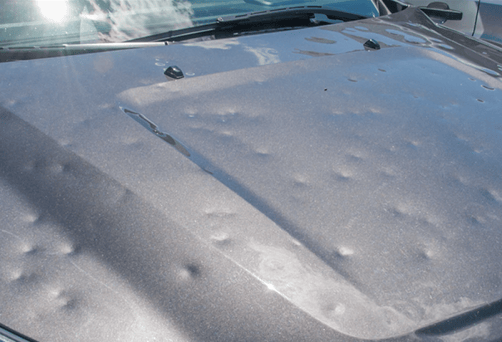
When animal damage is not covered by insurance
There are scenarios where what may seem like a crash or damage is caused by animal activity, but car insurance won't pay for damages. For example, let's say you swerve to avoid hitting an animal and crash into a telephone pole or another car. In that case, the Collision portion of your car insurance would cover any damage. Damages to your property inside your car from animals are not covered by Comprehensive car insurance. Your property can be covered by your home or renters insurance, but animal damage is considered to be preventable by those policies.
How to prevent animal collisions and damage
Hitting an animal can not only damage your car, but it can also be emotionally upsetting and expensive. While you aren't always able to prevent an animal collision, there are many things you can do to limit potential animal-related crashes and damage claims on your auto policy.
- Avoid swerving, even if it means hitting an animal. Swerving can cause greater damage to yourself or other drivers.
- Drive slower and more cautiously at dawn and dusk. Animals tend to be more active at these times, especially from October through December, when deer enter the mating season.
- Slow down and turn on your hazard lights if an animal is blocking the road.
- If you hit an animal, pull safely off the side of the road, turn on your hazard lights, call the authorities, and stay inside your vehicle if you can. Avoid approaching the injured animal.
- Contact your insurance agent as soon as possible to file a claim for any damages made to your vehicle.
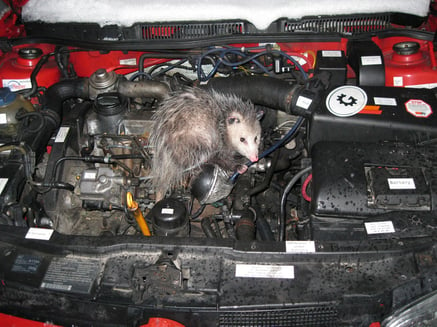
Prevent nesting damage and damage from animals breaking into your car by removing food in your car that could be enticing. Prevent chewing damage by frequently checking and moving a car that's not being driven regularly. Pay more attention if you've noticed animal activity around your car. Rodents often strike the same vehicle more than once! You can also use traps or sonic-repelling tools and bitter or sour sprays.
Bundle your home & auto policies
The good news is your property in your car can be covered for things like theft and flood damage by your homeowners or renters insurance. That and the great savings on your home or renters and car insurance are great reasons to bundle those policies with one carrier. There are other factors you may want to consider before buying home and car insurance together. It can be convenient, but finding the right fit for your insurance needs may indicate you need different carriers. Talk to your local independent agent today!
Learn more about car insurance in Virginia
THE NORTHERN NECK INSURANCE INTEGRITY PROMISE — We pledge to provide straight talk and good counsel from our NNINS Virginia insurance experts through our blog. While we hope you find this to be a helpful source of information, it does not replace the guidance of a licensed insurance professional, nor does it modify the terms of your Northern Neck Insurance policy in any way. All insurance products are governed by the terms in the applicable insurance policy.
